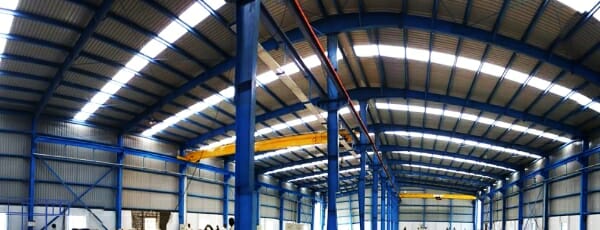The government’s Plan for Growth aims to create a competitive tax system, make the UK a good place to do business, encourage investment and exports to rebalance the economy and create an educated workforce. To achieve these aims, there are tax changes, proposals to reduce red tape and plans to provide additional apprenticeships and work placements plus expansion of the University Technical Colleges programme. There are also changes to capital allowances and the creation of eleven Enterprise Zones across England.
These may all provide benefits for the construction industry, including the simplified planning rules in the Enterprise Zones. However, there are also various measures that are aimed specifically at construction. These include:
- Publication of the National Infrastructure Plan 2011 that sets out the UK’s long-term view of future projects. This will be backed up by the quarterly publication of a rolling two-year forward programme of infrastructure and construction projects that have had public funding agreed.
- Reform of the planning system so that consent will be given for sustainable development unless there are strong reasons to refuse permission. There will be a twelve-month guarantee to process all applications and appeals plus a fast track system for major infrastructure projects.
- Removal of nationally imposed targets with the aim of opening up more land for development while at the same time safeguarding the greenbelt.
- Accelerating the release of public sector land in order to encourage new homes and jobs. This includes the piloting of land auctions that will start with public sector land.
- Strengthening residential property demand by reforming the stamp duty land tax rules for bulk purchase. There will also be the creation of a £250 million scheme, partly funded by house builders, which will offer over 10,000 first time buyers an equity investment of 20%towards the deposit on new build homes.
- Encouraging builders to put forward innovative solutions rather than having to take part in wasteful and bureaucratic procurement processes.
- Easing the 2016 zero carbon tax targets so that new home building is more practical. This will be combined with an additional £3 billion funding for the Green Investment Bank.
- Proposals to make it easier to convert commercial premises for residential use.
The 2011 Budget was not, however, all about growth, with a 20% reduction in costs planned through reforming the procurement methods for public sector construction and infrastructure projects. The emphasis will be on standardisation rather than on bespoke designs and a review of construction standards will aim to remove redundancy and duplication. This builds on the proposals of the ‘Infrastructure Cost Review, published in December 2010, which identified savings of 15% on projects that could amount to £2-3 billion a year.
By Paul James
About the Author: Constructionbytes.com is a free construction news and resource site established by construction professionals for fellow industry members. If you like the site then please subscribe to our regular newsletter to receive future news and information articles. http://constructionbytes.com/ Article Source: http://EzineArticles.com/?expert=Paul_X_James Article Source: http://EzineArticles.com/6252694

